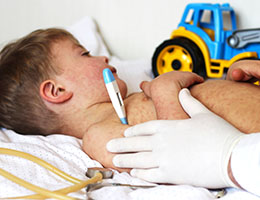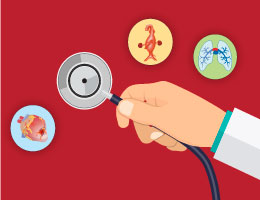
[6 MIN READ]
Physicians, nurses and other “healers” have had special relationships with patients for centuries. This unique bond between those who provide medical treatment and those who receive their care is currently being endangered by a massive and impersonal healthcare delivery system that is becoming more dependent on automation and technology with each passing year. The good news is that patient attitudes, impressions, and subsequent compliance with treatment plans can be positively influenced when healthcare professionals improve their communication skills with their patients.
Studies show that there is a clear relationship between high patient satisfaction and healthcare organizations that provide safe, quality care. A report by Health Grades (May 2012) noted that hospitals that were ranked (by patients) in the top percentages for nursing and physician communication had lower rates of adverse patient safety events. For example, bed sores occurred approximately 46% more frequently in hospitals that patients had ranked in the lowest 10% for provider communication.










